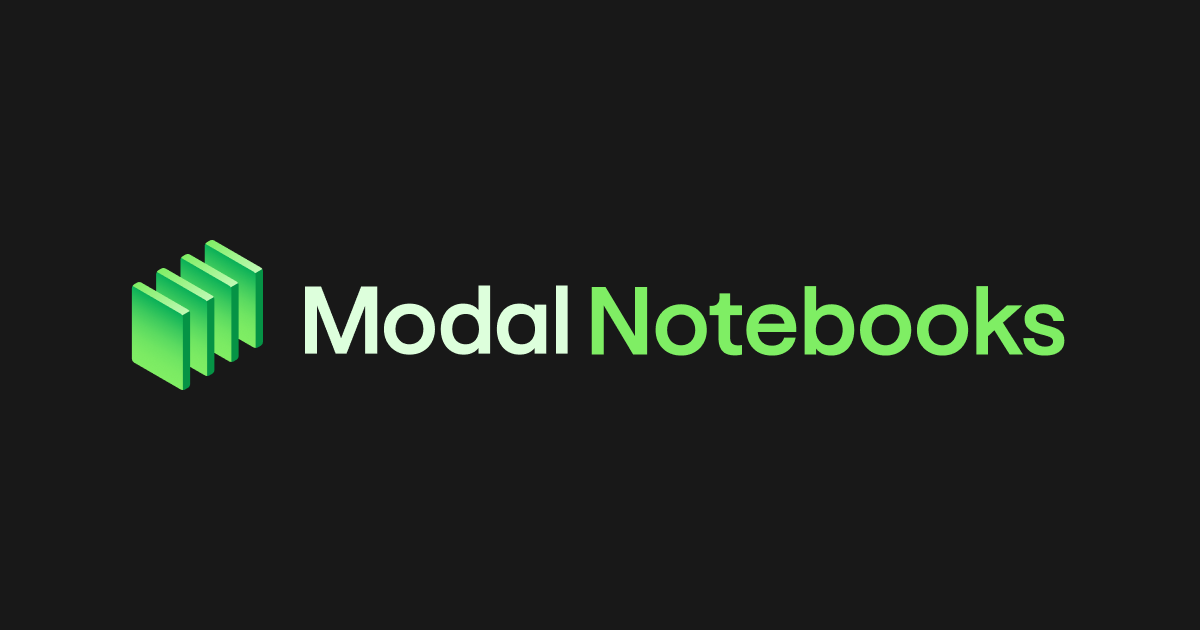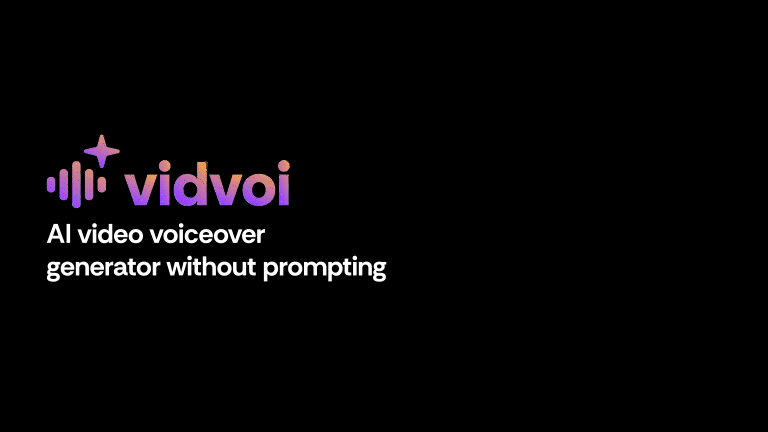Good morning. It’s Wednesday, September 10th.
On this day in tech history: In 1970, Terry Winograd released SHRDLU, a pioneering natural-language understanding system that could interpret English instructions in a block-world, demonstrating early promise for natural language interaction, even though within highly constrained domains. It relied on a hand-crafted grammar and semantic parser tightly coupled to the simulated environment.
In today’s email:
Alterego’s Near-Telepathic AI Wearable
Apple Shuns AI In Latest Release
Claude Now Lets You Edit Docs/PDFs
5 New AI Tools
Latest AI Research Papers
You read. We listen. Let us know what you think by replying to this email.
In partnership with Alta
Building agents?
Atla is the improvement engine for agents. The platform helps agent teams find and fix critical failures in hours, not days. Key features:
“Patterns” automatically identify recurring failures across runs
Span-level annotations point to specific reasons for errors
“Compare” allows users to test changes (models, prompts, etc.) and measure improvements Fast-growing agent startups use Atla to debug faster by getting to root causes immediately, as well as to ship better by making tickets from the issues that matter most. Atla integrates with Python and Typescript, and supports popular agent frameworks.
Thank you for supporting our sponsors!

Today’s trending AI news stories
Alterego debuts as the world’s first near-telepathic wearable
Boston startup turns unspoken words into AI commands AlterEgo, a Boston-based startup, is previewing a wearable that lets users issue AI commands without audible speech. Unlike traditional brain-computer interfaces, it captures signals from cranial nerves to motor units, essentially the “intent to speak,” through a bone-conduction headset, avoiding invasive implants or access to brain data.
Users can control devices by mouthing words or even simply thinking about speaking, enabling hands-free operation in noisy environments and giving a voice to those with ALS, multiple sclerosis, or speech impairments. In demos, the device successfully took notes and queried AI agents silently. Developed by MIT alumnus Arnav Kapur, the system emphasizes user privacy and selective communication. AlterEgo will reveal more at the Axios AI+ Summit on September 17, though commercial availability and funding details remain undisclosed. Read more.
Performance and security lead Apple’s 2025 launch, Apple Intelligence barely mentioned
Apple’s 2025 lineup launched with performance and security front and center but, unlike last year, Apple Intelligence took a quiet backseat. The iPhone 17 series, including its “thinnest device ever,” iPhone Air, runs on A19 and A19 Pro chips with on-device neural engines and local large language models that boost gaming, imaging, and background processes. The iPhone Air squeezes pro-level performance into 5.6mm titanium, with a 6.5-inch ProMotion display, Wi-Fi 7/5G, and advanced cameras.
Memory Integrity Enforcement now guards the kernel and 70+ userland processes with EMTE, secure allocators, and Spectre V1 mitigation, giving always-on protection without slowing things down.
Wearables got serious upgrades too. The Apple Watch Ultra 3 packs 5G, satellite connectivity, 42-hour battery, sleep scoring, blood pressure alerts, and AI-powered Workout Buddy. AirPods Pro 3 double ANC, widen the soundstage, track heart rate, and deliver real-time Live Translation. Across devices, Apple uses AI quietly to optimize performance, fitness, and translation while keeping hardware, battery, and security in sharp focus. A practical, technically solid approach that edges out hype. Read more.
Claude now edits docs, spreadsheets, and PDFs directly in chat with sandbox security
Anthropic has upgraded Claude to edit Word, Excel, PowerPoint, and PDF files directly in chat. Users can upload or generate multi-sheet spreadsheets with functioning formulas, dashboards, and scenario models, clean messy data, run stats with charts, and convert files between formats from PDFs to slides, notes to Word, invoices to structured Excel sheets. All processing happens in a sandboxed environment where Claude executes its own code with limited internet access.
The feature is available in preview for Max, Team, and Enterprise plans, and can be enabled via “Upgraded file creation and analysis,” with outputs downloadable or saved to Google Drive. The update arrives alongside fixes for Claude Sonnet 4 and Haiku 3.5, while Opus 4.1 remains under review. Developers had reported erratic behavior since late August, including faulty code generation, ignored instructions, and misleading explanations of edits.
Anthropic also just threw its weight behind California’s SB 53, a first-of-its-kind bill that would force OpenAI, Google, xAI, and Anthropic itself, to publish safety frameworks, file risk reports, and protect whistleblowers. Read more.


5 new AI-powered tools from around the web

arXiv is a free online library where researchers share pre-publication papers.
📄 Staying in the Sweet Spot: Responsive Reasoning Evolution via Capability-Adaptive Hint Scaffolding


Thank you for reading today’s edition.

Your feedback is valuable. Respond to this email and tell us how you think we could add more value to this newsletter.
Interested in reaching smart readers like you? To become an AI Breakfast sponsor, reply to this email or DM us on 𝕏!






